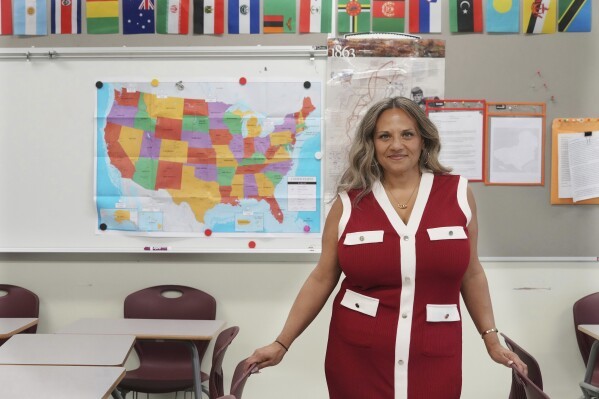
In a historic wooden bungalow in Delray Beach, Florida, students are giving up their Saturday mornings to learn aspects of Black history that many say are missing from their regular school curriculum.
The Spady Cultural Heritage Museum and similar community programs across Florida are stepping in to provide deeper education about African American history, from the state's plantation past to the Civil Rights Movement. These weekend sessions explore topics like South Florida's Caribbean influences, the history of lynchings, and how segregation's legacy continues to shape modern communities.
"You need to know how it happened before so you can decide how you want it to happen again," explains Charlene Farrington, who leads classes at the museum.
While Florida mandates teaching African American history in public schools, only twelve districts have demonstrated excellence in the subject according to state metrics. Many parents and students report that school instruction often remains limited to prominent figures like Martin Luther King Jr. and Rosa Parks, primarily during Black History Month.
This perceived gap has sparked a grassroots educational movement. Faith in Florida, an advocacy organization, has developed its own Black history curriculum, with over 400 congregations pledging to teach these lessons. Black churches, which have historically played a central role in community education and organizing, are key supporters of these initiatives.
Some parents have taken direct action. Sulaya Williams founded her own organization in 2016 to provide comprehensive Black history education after finding limited options for her children. She now teaches Saturday classes at a Fort Lauderdale public library.
"We wanted to make sure that our children knew our stories, to be able to pass down to their children," Williams says. Her 12-year-old daughter Addah Gordon, who attends the classes, shares her enthusiasm: "It feels like I'm really learning my culture. Like I'm learning what my ancestors did."
These weekend programs aim to fill knowledge gaps by exploring Florida's complex racial history, including lesser-known stories about enslaved people's cemeteries, Confederate monuments, and how former plantations evolved into modern subdivisions while retaining their historical names. The initiative represents a community-driven effort to preserve and teach a more complete version of Black history in Florida.